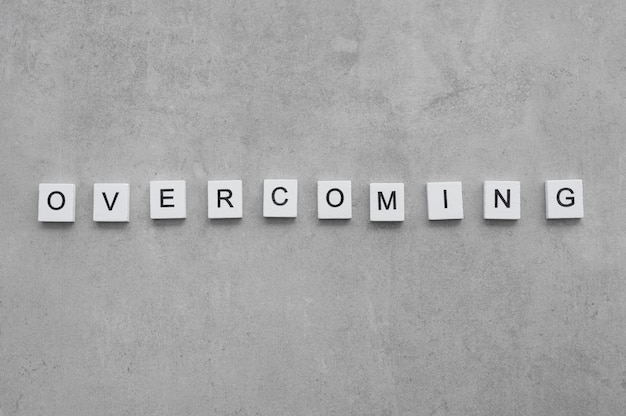
**Identifying Early Indicators of Depression**
Feeling sad or “blue” is a normal part of life, but if you experience a persistent sense of emptiness and hopelessness for more than two weeks, you might be dealing with depression.
Depression can make it hard to function and enjoy life as you once did. However, no matter how severe it feels, you can overcome it. The first step towards recovery is understanding the signs, symptoms, causes, and treatments of depression.
If you notice a combination of the following signs and symptoms that don’t go away, you might have clinical depression:
– Depression symptoms vary, but some are common. It’s important to recognize that these symptoms could also indicate a normal low mood.
– You can distinguish depression from stress by the severity, number, and duration of symptoms. If they become severe and overwhelming, seek help immediately.
– You might feel like things will never get better and that there’s nothing you or anyone else can do to help.
– You may avoid sharing your feelings, fearing you’ll seem inferior.
– Activities you once enjoyed, like hobbies, sports, social activities, or sex, no longer bring you joy.
– You might start avoiding friends and prefer isolation.
– Depression can affect your appetite, leading to weight gain from overeating or weight loss from a lack of appetite. A weight change of about 5% in a month is concerning.
– You might suffer from insomnia or sleep too much. Insomnia can cause early morning wakefulness or interrupted sleep, while hypersomnia means sleeping excessively.
– You may feel fatigued, sluggish, or physically drained, making even small tasks take longer. Procrastination and delegating tasks to others can become common.
– You might feel worthless or guilty, constantly blaming yourself for mistakes and failures.
– To escape your troubles, you might engage in reckless activities like speeding, substance abuse, dangerous sports, compulsive gambling, or unhealthy sex with multiple partners.
– It can be hard to focus, pay attention, or recall thoughts. A lack of self-confidence might make simple decisions difficult.
– You might experience unexplained physical pain, such as headaches, muscle pain, back pain, or stomach pain. Digestive issues like constipation or diarrhea can also occur.
– In deep despair, you might have suicidal thoughts as a way to escape your troubles. These thoughts are a serious symptom of depression and should not be taken lightly. They indicate a need for support.
These signs and symptoms don’t necessarily mean you have depression; they could indicate another mental condition and should be taken seriously. Not all symptoms need to be present to suggest depression, but a combination of at least three could indicate a mental disorder. The good news is that depression, especially when diagnosed early, can be treated with medication, therapy, or a combination of both. Some supplements can also help, but it’s important to consult your doctor before trying supplements or alternative treatments, especially if you’re already on medication for depression symptoms.